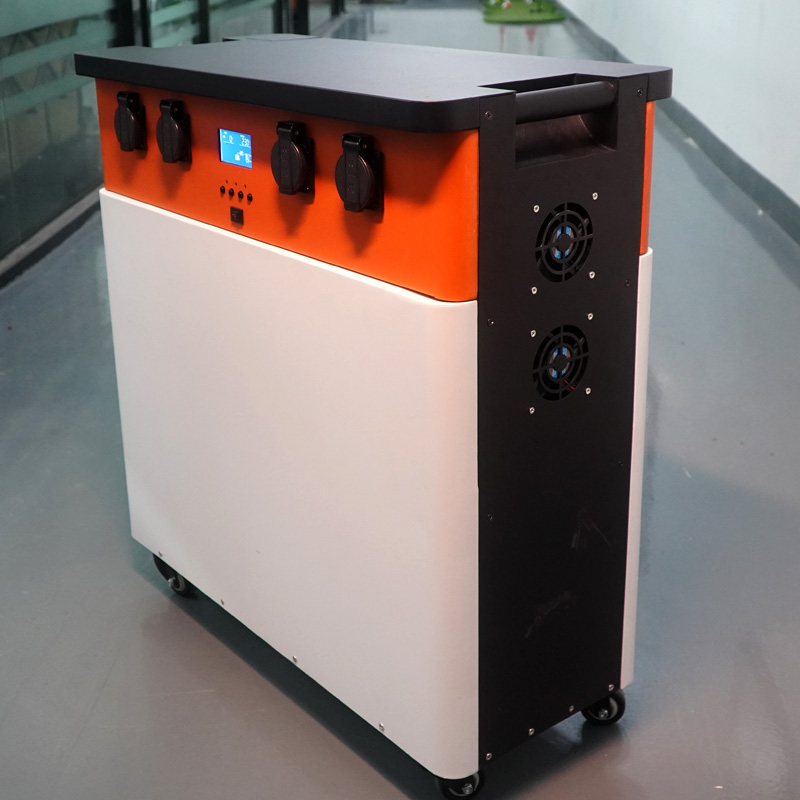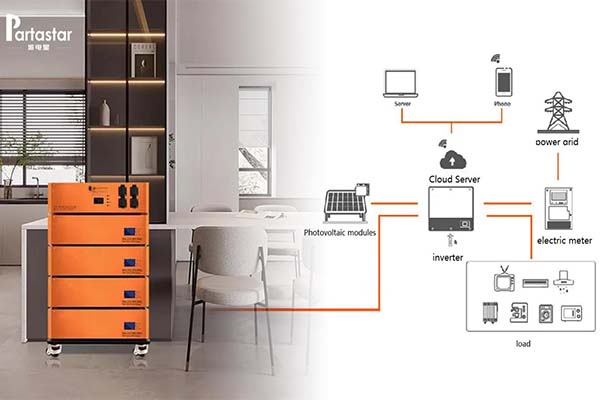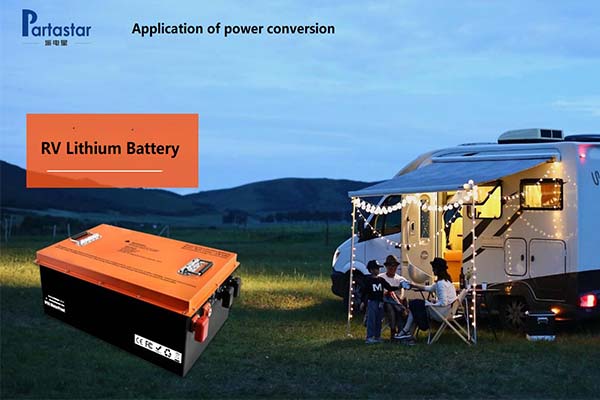Having a backup power supply for your home is essential during a power outage. It can provide you with the necessary power to keep your essential appliances and devices running until power is restored. However, with so many backup power supplies available, it can be challenging to determine which one is the best for your home. In this article, we will discuss the best backup power supplies for a home and the factors to consider when choosing one.
1. Generators:
Generators are the most common backup power supply for a home. They come in various sizes and can provide power for your entire home or just essential appliances and devices. Generators run on gasoline, diesel, or propane and can run for several hours or even days if you have enough fuel. They are reliable and can provide a significant amount of power. However, they can be noisy, require regular maintenance, and emit exhaust fumes, which can be harmful if not properly ventilated.
2. Solar Power:
Solar power is an excellent backup power supply for a home if you live in an area that receives a lot of sunlight. Solar panels can generate electricity during the day and store it in batteries for use during a power outage. Solar power is environmentally friendly, quiet, and requires little maintenance. However, solar power is dependent on sunlight, and the storage capacity of the battery bank may not be enough to power your entire home.
3. Battery Backup:
Battery backup systems are becoming increasingly popular as a backup power supply for a home. They consist of a battery bank, an inverter, and a charge controller. The battery bank stores the energy, and the inverter converts it into usable electricity. Battery backup systems are quiet, environmentally friendly, and require little maintenance. They can provide enough power to run essential appliances and devices for several hours to a day. However, the duration of the backup power supply depends on the size of the battery bank and the amount of power required.

4. Fuel Cells:
Fuel cells are a relatively new backup power supply for a home. They use hydrogen and oxygen to produce electricity. Fuel cells are efficient, quiet, and environmentally friendly. They can provide power for several days to a week. However, fuel cells are expensive, and the fuel can be difficult to obtain.
Factors to Consider When Choosing a Backup Power Supply for a Home:
1. Power Requirement:
The power requirement of your home will determine the size of the backup power supply you need. Determine which appliances and devices are essential and which ones you can do without. Essential appliances and devices include refrigerators, freezers, medical equipment, and lighting. Non-essential appliances and devices include TVs, gaming consoles, and air conditioners.
2. Duration of the Power Outage:
The duration of the power outage will determine how much backup power you need. If the power outage is expected to last for a few hours, a small backup power supply will be sufficient. However, if the power outage is expected to last for several days, you will need a larger backup power supply or multiple backup power supplies.
3. Size of Your Home:
The size of your home will also determine how much backup power you need. A larger home will require a larger backup power supply. It is essential to choose a backup power supply that can provide enough power for your entire home or just essential appliances and devices.
4. Cost:
The cost of the backup power supply is also an important factor to consider. Generators and fuel cells are more expensive than solar power and battery backup systems. However, they can provide more power and run for a longer duration.
The best backup power supply for a home depends on various factors, such as the power requirement, duration of the power outage, size of the home, and cost. Generators, solar power, battery backup systems, and fuel cells are all viable options for backup power supplies. It is essential to choose a backup power supply that can provide enough power for your essential appliances and devices and can run for the required duration. It is also important to properly maintain the backup power supply to ensure optimal performance during a power outage.



